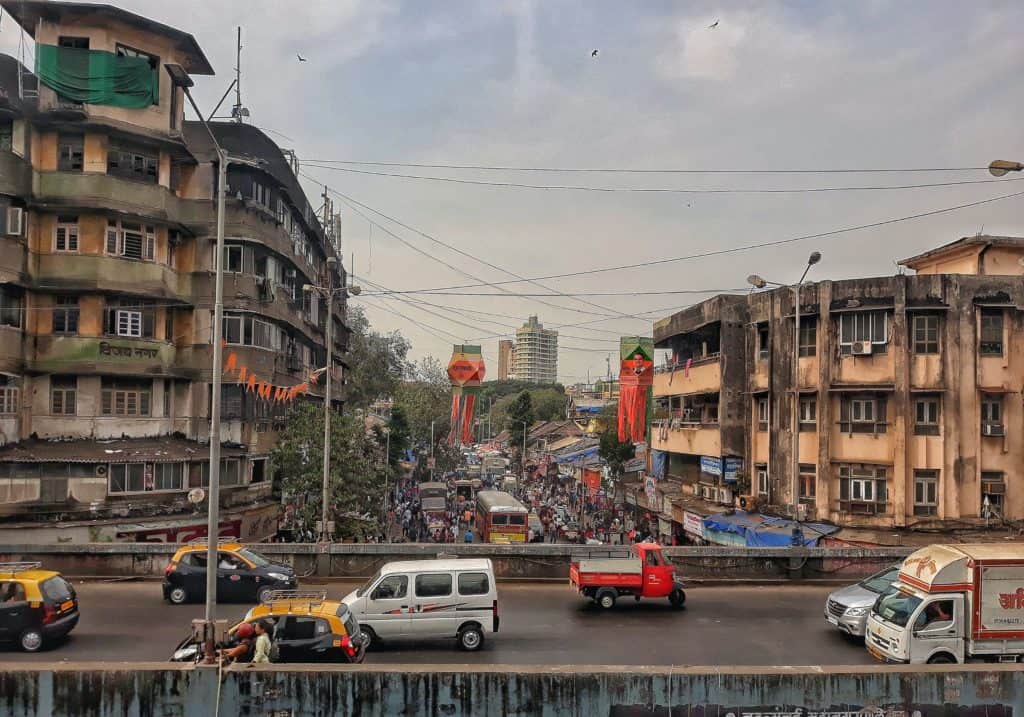In the past few years, our elected representatives – right from MPs to our corporators – have made half-hearted promises to release a report card of sorts of their performance in office.
On 26th July 2019, Mumbai North MP Gopal Shetty raised the following question in the house: whether the Government proposes to amend the Representation of the People Act to make it compulsory for political parties winning general and assembly elections to bring details regarding fulfilment of promises made by them in their manifestoes in public forum in the third year and making recognition of political parties contingent upon fulfilment of those promises; and if so, the details thereof and if not, the reasons therefor?
To which the Minister of Law & Justice Ravi Shankar Prasad responded with a ‘no’.

One year performance report
On 5th August 2019, in a supposedly unprecedented event, “Bharatiya Janata Party (BJP)… released a report card of its performance over the past five years claiming to have fully met the promises made during the 2014 elections in Maharashtra,” reported The Hindu. A year later, on 10th October 2020, BJP MP from East Delhi Gautam Gambhir, released a one-year performance report. To quote Gambhir, “the people of East Delhi have given me the responsibility to serve them and it’s my duty to tell them what their support and trust means to me. People must know what their MP is doing.”
It should be noted that, despite stories in the media, neither of the reports can be found online. Perhaps these reports are print-only by intent, in order to leave no digital trace, as is the case with party manifestos during elections.
The aforementioned amendment, if considered by the government, should also include elected representatives along with political parties. Right now, voluntary declaration of performance against promises occur in spurts. It is either based on the whim of political parties or elected representatives, or in order to present oneself different from the other, albeit right before elections.
Also read: Accountability: how to raise complaints with the BMC
Embracing accountability & transparency or evading it depends on factors like political affiliation, legal compulsions, public ethics, vigilant news media, civil society, and an informed citizenry.
In our decade-old quest to seek accountability from political parties and elected representatives in Mumbai, we have had multiple instances of them either plainly refusing or falsely promising to respond to our requests of declaring their performance against promises made by them during elections.
However, we have also had instances of some elected representatives responding to our questionnaire, along with providing documentary evidence of their performance. For instance, in 2014-15, 3 of 6 Mumbai MPs declared their performance in order to demonstrate their commitment (we guess) to transparency & accountability as newly elected members of parliament. However, since then our attempts to get them to declare their 2014-19 & 2019-20 performance have fallen on deaf ears.
Calls for accountability fall on deaf ears?
In a recent interview with The Indian Express, my colleague and I tried to answer the following question: Why is the work of advocacy groups not taken seriously by elected representatives here in India? While I put the blame on our feudal-like reverence of politicos, patronage and absence of any legal compulsions to declare performance against promises, my colleague opined that the fault lies in our society increasingly becoming apolitical and consumerist, wanting merely delivery of services that neoliberalism offers.
It would be unfair to claim that all parties or elected representatives evade accountability & transparency. The three aforementioned instances, all from the ruling party cohort, are examples of the political establishment opening up to public scrutiny. A step ahead for political parties would be to ensure that whether at center or in states, the government declares their performance against their promises.
Likewise, elected representatives could get their colleagues from their party and the opposition to declare their performance. If Gautam Gambhir can voluntarily declare his performance, why cannot 6 other Delhi MPs from the same party do the same?
Simply put, if political parties and elected representatives make promises before elections, they should also declare the status of those promises after elections, for it is not just an ethical but also a constitutional duty to fulfil those promises. By doing so, they would set an example strengthening democratic principles of accountability and transparency, up the bar for democratic politics and raise stakes even for the opposition.
Citizens have the right to know what the political party and elected representatives have done in their name since they voted them to power.
Also read: